
1.8 f. Tabasco Sauce
This spicy sauce is made in Louisiana and sold around the world.

This spicy sauce is made in Louisiana and sold around the world.
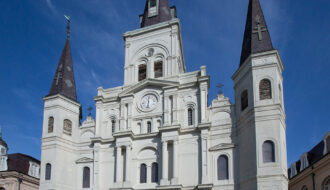
This place of religious worship is one of New Orleans’s best-known buildings.

Gumbo is a thick soup popular in Louisiana.
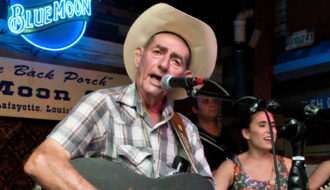
Louisiana’s Cajun music has been influenced by a rich blend of musical traditions.
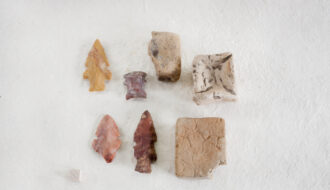
By studying artifacts, archaeologists know that people were in Louisiana at least 13,000 years ago.
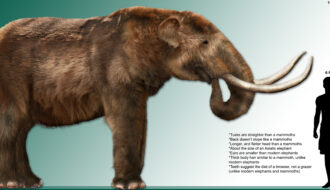
People from the Clovis culture and San Patrice culture were some of Louisiana’s earliest inhabitants.
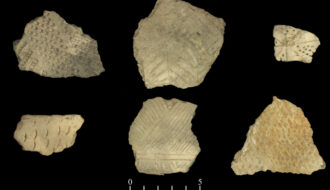
People of the Tchefuncte, Marksville, Troyville, and Coles Creek cultures lived in Louisiana during the Woodland period.
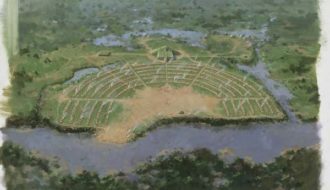
Poverty Point in Louisiana, one of the most significant archaeological sites in in the world, dates to 3,500 years and represents the largest, most complex settlement of its kind in North America.
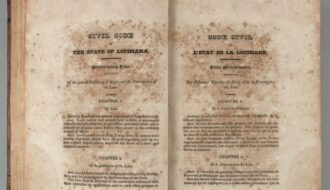
France’s Civil Code of 1804 standardized civil law and became a model legal framework around the world, including in Louisiana.

In colonial Louisiana free people of color developed thriving communities and had access to privileges that enslaved people did not.
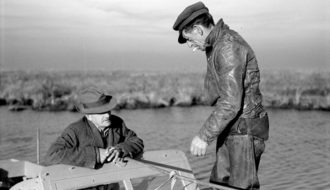
Known today as Isleños, Canary Islanders migrated to southeast Louisiana in the late eighteenth century.
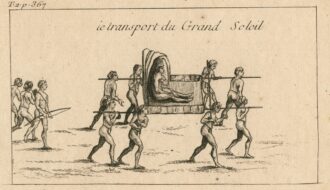
Both French and British colonists sought alliances with the Natchez Indians, an American Indian group with settlements along the Lower Mississippi River.
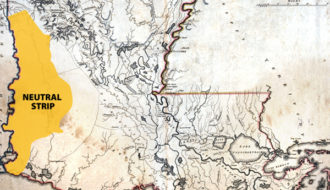
The Neutral Strip existed outside the governance of either the United States or Spain until 1821.
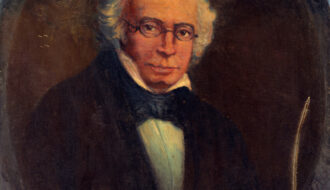
The Florida Parishes weren’t included in the Louisiana Purchase but instead were added to Louisiana after an armed revolt against the Spanish colonial government.
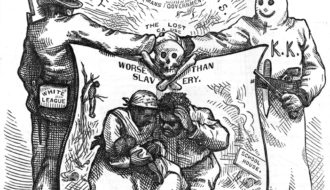
A paramilitary organization aligned with the Democratic Party, the White League played a central role in the overthrow of Republican rule and intimidation of African Americans in Louisiana during Reconstruction.
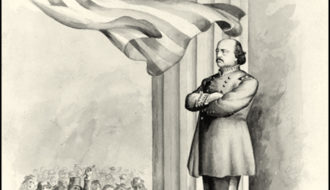
Federal forces occupied New Orleans, a strategic city at the mouth of the Mississippi River, from 1862 until the end of Reconstruction.
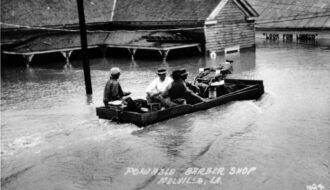
The Great Flood of 1927 inundated more than ten thousand square miles across twenty Louisiana parishes and left tens of thousands of Louisianans without shelter.
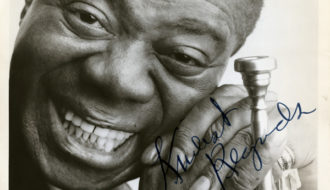
New Orleans–born musician Louis Armstrong helped introduce jazz to global audiences.
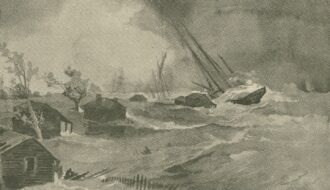
More than two thousand people across South Louisiana lost their lives in the Cheniere Caminada Hurricane, making it one of Louisiana’s deadliest storms.
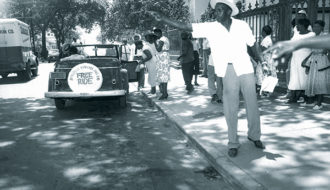
The Baton Rouge Bus Boycott of June 1953 lasted eight days and became a model for organizers of the 1955 Montgomery Bus Boycott.

The French Civil Code of 1804 standardized civil law in France, becoming a model legal framework for jurisdictions around the world, including Louisiana.
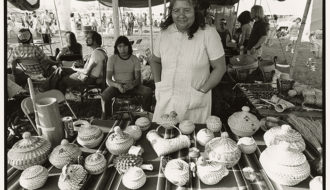
The Coushatta Tribe of Louisiana is the largest of four federally recognized tribal governments in Louisiana.
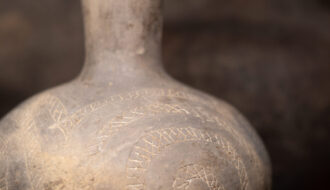
The Tunica-Biloxi Tribe is one of only four American Indian groups in Louisiana recognized by the federal government.
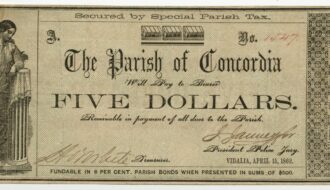
This distinct form of government exists in more than half of Louisiana’s parishes.
One-Year Subscription (4 issues) : $25.00
Two-Year Subscription (8 issues) : $40.00